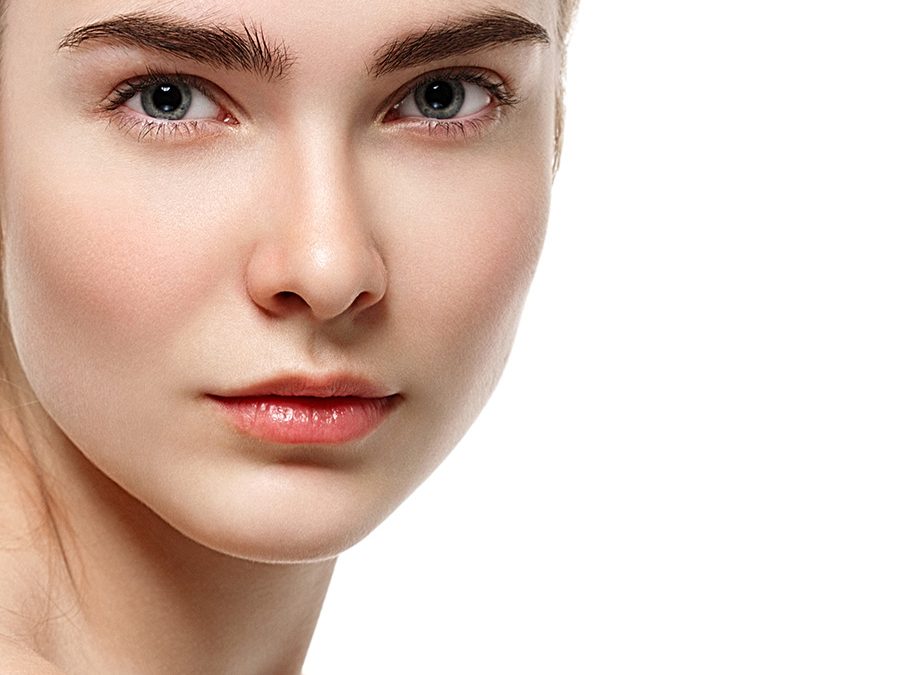According to the American Society of Plastic Surgeons, rhinoplasty procedures are one of the most difficult surgeries.
This is because a single rhinoplasty procedure is really three surgeries in one.
The first procedure aims to correct structural abnormalities or deformities. The second procedure aims to improve nasal function. The third procedure aims to optimize appearance.
Your rhinoplasty surgeon must hit a home run with all three procedures for the surgery to be a success.
This sheds light on why so many patients find themselves in the stressful situation of seeking a revision rhinoplasty, according to a procedural review published by the Journal of Otolaryngology.
This also explains why many patients do not return to their original surgeon for the revision procedure. But should you get a second opinion before you choose the surgeon who does your revision rhinoplasty? Let’s find out what the experts have to say on this topic.
Why You Might Need a Second Opinion for Revision Rhinoplasty
Consider this: according to the American Society of Plastic Surgeons, revision rhinoplasty generates an even higher incidence of further revision rhinoplasty than does initial rhinoplasty surgery.
In other words, if you seek one revision rhinoplasty, you are highly likely to seek yet another revision rhinoplasty after your first revision surgery.
This basically translates to mean that if your initial rhinoplasty procedure was challenging, your revision rhinoplasty quite literally doubles the challenge.
Why? The nose is a small yet incredibly complex structure, as revision rhinoplasty expert Dr. Daniel G. Becker points out.
It is also very, very visible. So if you are displeased with the outcome of a rhinoplasty procedure, you are reminded of this literally every time you look in a mirror.
To further complicate matters, any type of invasive (incision-required) surgical procedure will generate some degree of scar tissue. In a tiny area like the interior of your nasal passages, this can mean finding very difficult workarounds to correct a previous rhinoplasty gone wrong.
Sometimes, a prior rhinoplasty may even cause new issues that now need correction. According to the Journal of Plastic and Reconstructive Surgery, the four main reasons for seeking a revision rhinoplasty are as follows:
1. Failure to correct pre-existing respiratory issue.
2. Width of nasal bone and sides.
3. Deviation of nasal bone and sides.
4. Graft issues.
When you consider how much has to happen – and often to change – inside the incredibly tiny area inside your nose in order for a primary (first) rhinoplasty to be considered successful, it is a wonder any patient is ever pleased with their outcomes!
This is also why your choice of rhinoplasty or revision rhinoplasty surgeon will absolutely make the difference between a rhinoplasty procedure that is done once and meets all of your needs and a first rhinoplasty that leads to a revision rhinoplasty – and perhaps more than one.
When to Get a Second Opinion for a Revision Rhinoplasty
The best time to get a second opinion about a revision rhinoplasty procedure you are considering is before you make any kind of commitment to the surgeon.
You weren’t happy with the results of your first rhinoplasty or you wouldn’t be seeking a revision procedure.
If you think back to the conversation you had with your initial (primary) rhinoplasty surgeon, you may remember feeling very confident they were the right surgeon to help you achieve your goals.
Or perhaps, looking back now, you can recall feeling some vague misgivings that you dismissed as simple first-timer pre-surgical jitters.
Either way, now you probably wish you had gotten a second opinion before your first rhinoplasty procedure. Maybe if you had taken the time to complete this extra optional step, you would not be seeking a revision rhinoplasty now.
It is true that it will take extra time to choose a second surgeon to visit to get the second opinion about the best approach for your revision rhinoplasty. And this extra step will delay the procedure itself.
But what if that second opinion turns out to be the best decision you ever made? What if that second opinion leads you to the best surgeon to do your rhinoplasty revision the right way – the way it should have been done the first time?
This time next year, you could be looking back and feeling grateful to yourself for taking the time to get a second opinion. And you could be looking in the mirror loving the results you see. Wouldn’t that be a great feeling?
How to Seek a Second Opinion on Revision Rhinoplasty Surgery
There are certain key criteria to identify when you need a second opinion for revision rhinoplasty surgeon in New Jersey.
1. Education.
The first criteria is the surgeon’s education. You want to verify that the surgeon has completed special training for rhinoplasty and reconstructive surgery.
2. Certification.
The second criteria is certification. The choice to seek board certification is an extra, rigorous, optional step that not all rhinoplasty surgeons undertake.
3. Experience.
The third criteria is experience. How long has the surgeon been in practice? How long has the surgeon been doing revision rhinoplasty?
4. Exclusivity.
The fourth criteria is exclusivity. You want to know what percentage of that surgeon’s practice is devoted exclusively to rhinoplasty and revision rhinoplasty.
5. Testimonials.
The fifth criteria is patient testimonials – and not just the ones on the surgeon’s own website. You want to search online for independent testimonials.
Contact A Revision Rhinoplasty Surgeon in New Jersey
Dr. Daniel G. Becker is the medical director and founder for the world-renowned Becker Rhinoplasty Center.
As a double board-certified surgeon (Otolaryngology, Facial Plastic and Reconstructive Surgery) and American College of Surgeons Fellow, Dr. Becker is one of the world’s leading experts on particularly difficult rhinoplasty and revision rhinoplasty procedures.
Due to COVID-19, telehealth consultations with Dr. Becker are now available. To learn more and schedule your consultation, visit us online.
